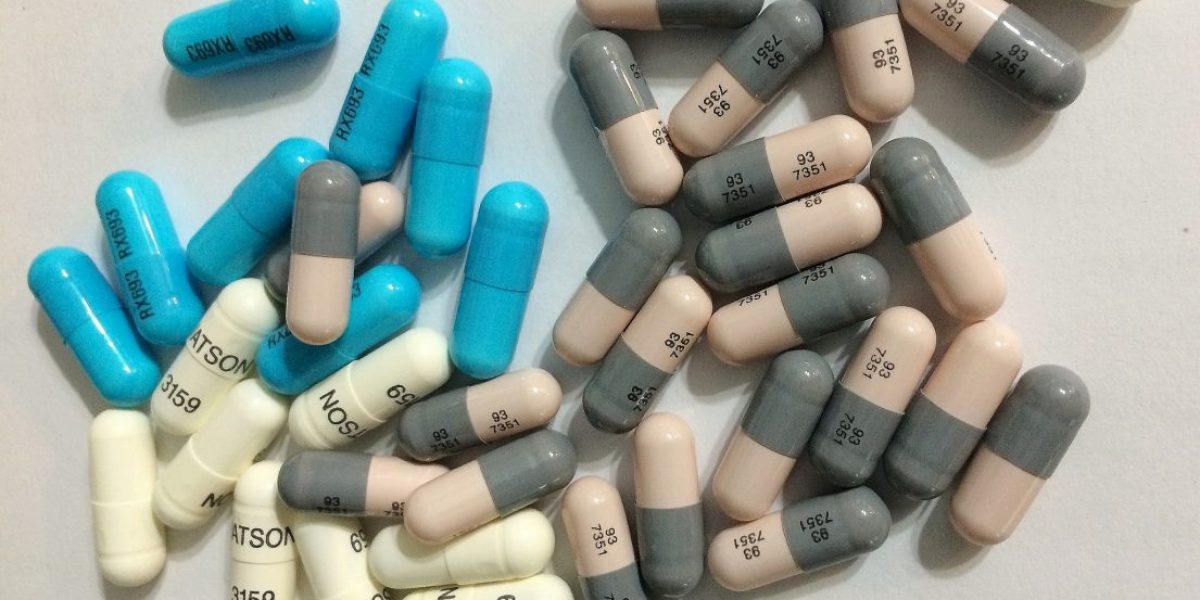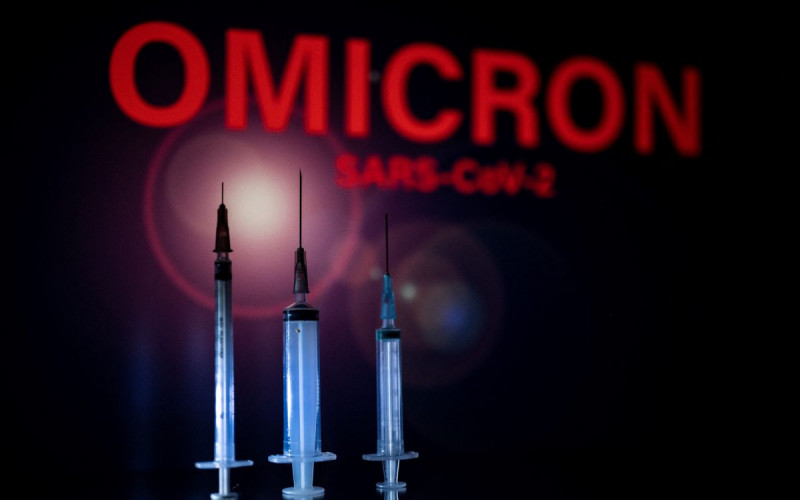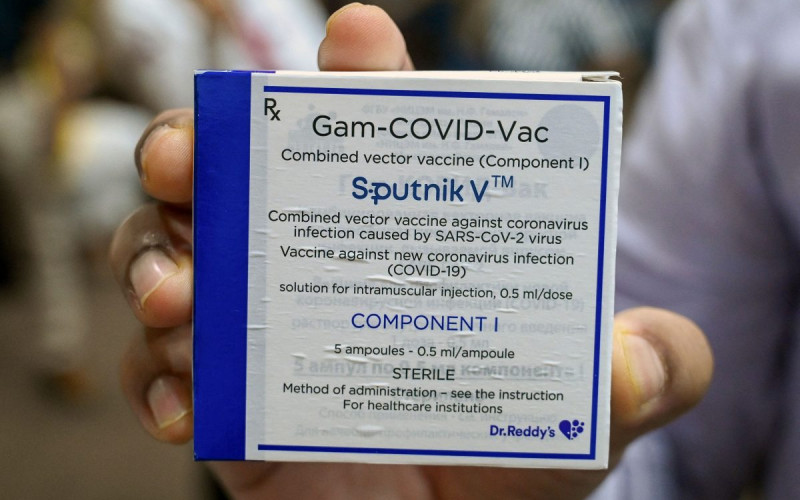But concerns are mounting that these studies are being undertaken with laxity in procedure, regulations and ethics, making results drawn from those studies questionable. ‘All our countries have national drug regulatory agencies, but some have limited capacity,’ said Dr Jean-Marie Trapsida of the Africa regional office of the World Health Organisation (WHO).
This limited capacity has resulted in some countries being unable to enforce proper drug regulations. In some countries people buy medicines from pharmacies and resell them on the streets. It has also resulted in drugs being used improperly, which not only is a risk to human health but complicates the effective treatment of complex diseases.
‘That should not be happening, as only registered pharmacists should sell medicines,’ Trapsida said. ‘Lack of inspectors makes it easy for illegal drug sellers, and the problem highlights lack of good manufacturing practices and quality control.’
Resource limitations
Drug trials and the importation of medicines are closely monitored in each country by drug regulatory agencies. These agencies require not only human resources, but also the scientific intellect to be able to make judgment on drugs coming into the country. Even South Africa’s Medicines Control Council, which Trapsida touted as a reference point for other African agencies to emulate, has limited capacity.
‘There is an inspectorate division that does random checks on the firm’s laboratory [the company applying to have its drug used], but there’s no human capacity to do testing,’ said Dr Henry Fomundam, a consultant at the HIV directorate of the South African department of health in Pretoria.
Presently, German pharmaceutical Boehringer Ingelheim has 14 trials underway in Botswana, Rwanda, South Africa and Uganda, while GlaxoSmithKline has 20 collaborative trials in various parts of the continent.
‘If we want to compare a clinic in a developing country with one in New York, then we can never conduct trials in developing countries… it’s an unfair comparison,’ said Judith von Gordon from Boehringer Ingelheim.
One trial that came under the spotlight was conducted in Uganda to test the efficacy of Boehringer Ingelheim’s AIDS drug nevirapine in curbing the transmission of HIV from mother-to-child. Nevirapine is one of the three-drugs used in triple therapy for adults and children living with HIV/AIDS and it had originally been manufactured for that indication.
The drug had initially been manufactured to be part of triple-therapy, but was later experimented on as monotherapy to be used where other forms of medication were out of reach. Though it’s not the ideal treatment, the single-dose nevirapine therapy to stop the virus from passing from mother to child has shown remarkable effectiveness.
But damning reports on how the Uganda trial was conducted keep resurfacing. The first time a claim of irregularities came up was in 2002 when the manufacturer tried to have the drug registered in the US, following the Uganda trial, for a different application. The US Food and Drug Administration (FDA) said the registration application did not meet its standards. There was data deficiency. As a result, Boehringer Ingelheim withdrew the application.
Ripple effect
The FDA’s refusal to register the drug raised concerns that there had been improper reporting on some adverse events during the trial. This resulted in the WHO’s Division of AIDS conducting a probe, which concluded that: ‘In summary, the re-monitoring of the study determined that nevirapine, 200mg orally given to the mother at delivery and 2mg/kg given to the neonate within 72 hours, is safe and effective. However, the conduct of the study lacked the necessary documentation to support a request to the FDA to consider this study as a stand-alone pivotal trial.’
Then, in December 2004, claims that safe drug research practices were not followed at the Uganda trial site were raised again, this time by Dr Jonathan Fishbein, a researcher at the US National Institute of Health. The institute was involved in the Uganda trials. Fishbein said his job was on the line following his refusal to ignore deficiencies in the research done in the Uganda trial.
‘The study came nowhere near meeting a research standard called good clinical practice… Here’s what I really want to make clear, my issue is not nevirapine – my issue is the conduct of the trial. The issue is a research integrity issue,’ Fishbein said at the time.
Getting these issues right is important in a continent that is battling with ever rising numbers of infections and deaths, not only from AIDS but other diseases as well. Research and the ultimate approval of life-saving drugs could prolong the lives of millions. Sub-Saharan Africa alone is home to an estimated 28.4 million people who are living with HIV, according to UNAIDS. Out of that number, 13.3 million are women.
For some of these women, nevirapine has come to mean the difference between death and life to their unborn children. As such, proper research on these drugs has a direct impact on their lives. But as much as questions have been raised on regulations and ethics, the efficacy of the drug has not been disproved.
‘It is fair to raise questions on studies… [but] nevirapine is almost a godsend for a woman who has missed a chance to be on triple therapy,’ said Dr Ashraf Coovadia, a paediatrician heading the perinatal HIV section of Johannesburg’s Coronation Women and Children’s Hospital.
Dr Tim Farley of the WHO also agreed that there was nothing wrong with being concerned with how studies are conducted. But he conceded that inappropriate and irrelevant standards were used in auditing the Uganda trials, resulting in regulation issues being raised.
‘Malaria, for instance, is not an adverse event in Uganda [because it is common] and during the trial it was not put in that it should be signalled,’ said Farley, who coordinates the section dealing with controlling sexually transmitted diseases and reproductive tract infections. As a result, when external auditors realised that malaria had not been flagged as an adverse event – which it would have been in the US, for instance, where it is not common – they interpreted that as an anomaly.
Other issues of record-keeping were made difficult because of a lack of infrastructure – for instance, computers, said Von Gordon.
So how does one harmonise the application of standards so that even when trials are conducted in developing countries they are acceptable in the developed world as well?
Part of the answer lies in strengthening medical control councils and regulatory bodies so they are able to adequately offer support and are capable of monitoring trials.
To that effect, in 2003 the WHO Africa started assessing regulatory agencies with the aim of identifying their weaknesses and then assisting them. The review of the first seven countries should be completed by the end of this year.
‘The most important thing we can do is support countries to help their regulatory bodies. We have no direct authority. We don’t want to undermine the work that goes on at national level,’ said Farley.
The WHO offers ongoing capacity building in different countries through universities in order to build capable human resources within the countries to oversee localised research.
‘We give advice to countries, which sometimes ask us for a synthesis of the latest available information to assist on how they plan their public health programmes. But, nevertheless, the authority lies with the national regulatory agencies,’ said Farley.
A number of developing countries tend to easily accept drugs that have already been approved in the developed countries such as the US and most of Europe.
For instance, the South African Medicines Control Council in July 2004 withdrew its support for the use of nevirapine as a single-dose therapy, and this followed, among others, concerns raised after the manufacturer’s withdrawal of the US application to use the drug as monotherapy.
As Emmanuel Agyarko from Ghana’s Food and Drug Board pointed out, staff constraints and lack of training adversely affect the performance of a regulatory body.







